- Events
- Organize an activity
- You want PROCURE to increa...
- Submit your project now!

Organize an activity
ORGANIZE AN ACTIVITY
Thank you for considering fundraising for PROCURE. We greatly appreciate your support and the generosity of your initiative. In order to support you in your efforts and to contribute to the success of your event, we have developed guidelines specifying both your responsibilities and those of PROCURE. We thank you for following these guidelines, which are designed to make your event planning as efficient and simple as possible.
Since your event is to raise funds for PROCURE, we suggest that you mention “The funds raised will be used to support the mission of PROCURE” or “To the benefit of PROCURE” on the materials intended to promote it.
Choose an activity that motivates you
You can organize an activity alone, with a group of friends or colleagues, or at your workplace.
For instance, you could organize a sporting event, a breakfast , a jeans day or a Bow tie sale.
The fundraiser can include awareness-raising about PROCURE’s mission. The Foundation can support you with this.
Set a date, a location and a timetable.
Make sure there isn’t a similar kind of event that might compete with yours on the same day.
Get all the necessary authorizations to use the location of your choice.
Plan out each step from today to the event date.
Determine your needs.
List your needs ahead of time so the event can run smoothly: volunteers, supplies (tables, chairs, tablecloths, signs, decorations, etc.).
PROCURE has tools and materials at your disposition:
- A donations or peer-to-peer website personalized for your event;
- Posters;
- Bow tie;
- Donation boxes.
Are you ready to carry out your fundraising project? We invite you to fill in the mandatory project form. Upon receipt of your application, a member of the PROCURE team will contact you. Thank you for making a difference in the lives of people affected by prostate cancer!
Other pages that might interest you
Additional Information - Prostate cancer
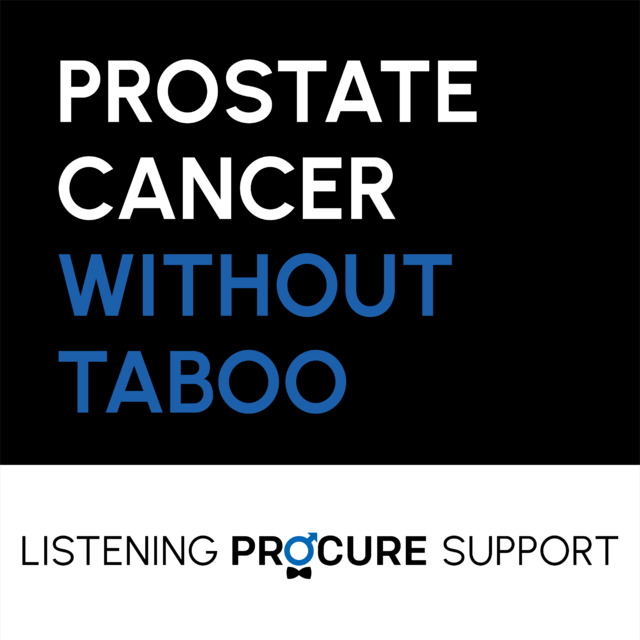
Is prostate cancer hereditary?
Understanding the hereditary and genetic aspects of this disease can provide valuable information to both individuals affected and their families.
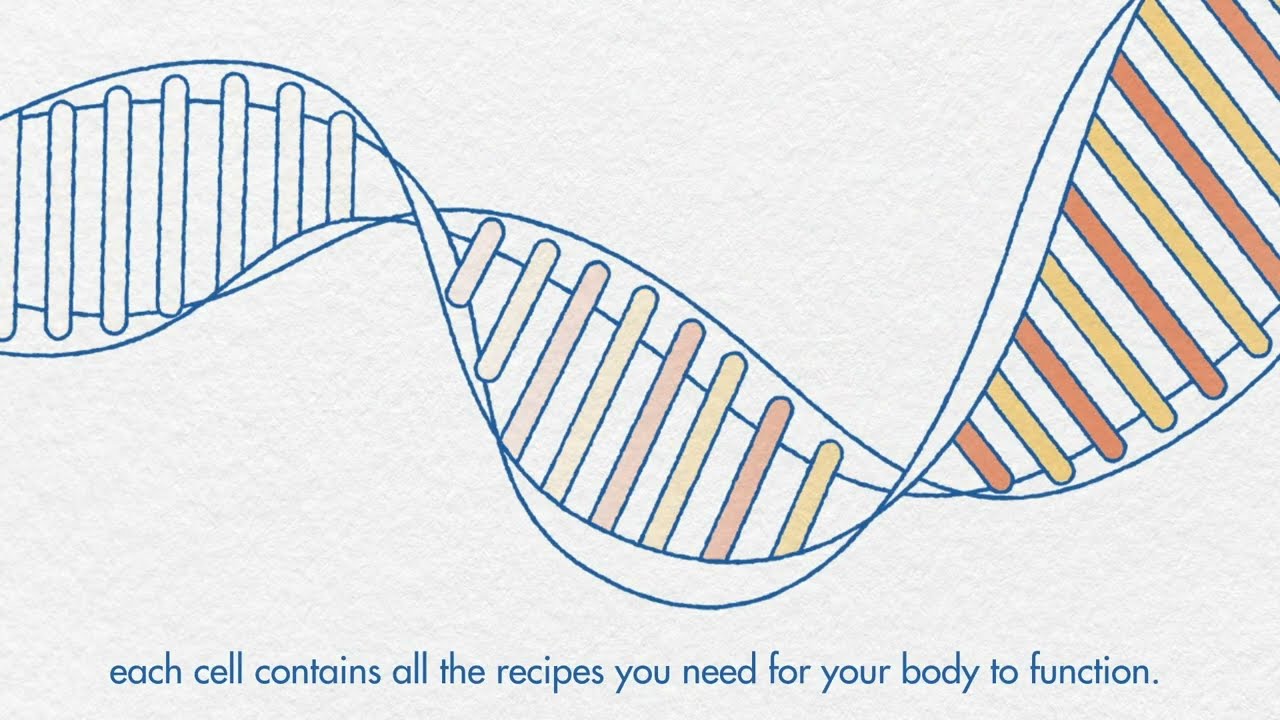
Genetics and prostate cancer
Do you have a family history of cancer? Your doctor might recommend genetic screening.
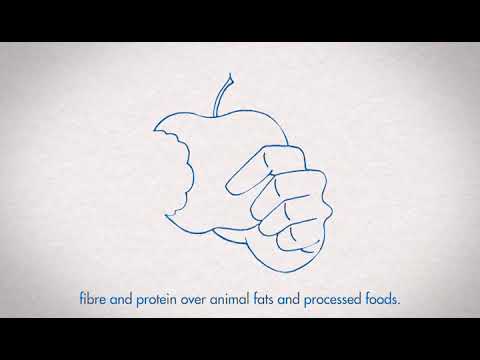
Symptoms, risk and screening
Are you over 50 or experiencing urinary problems? Discover why early screening for prostate diseases is important.
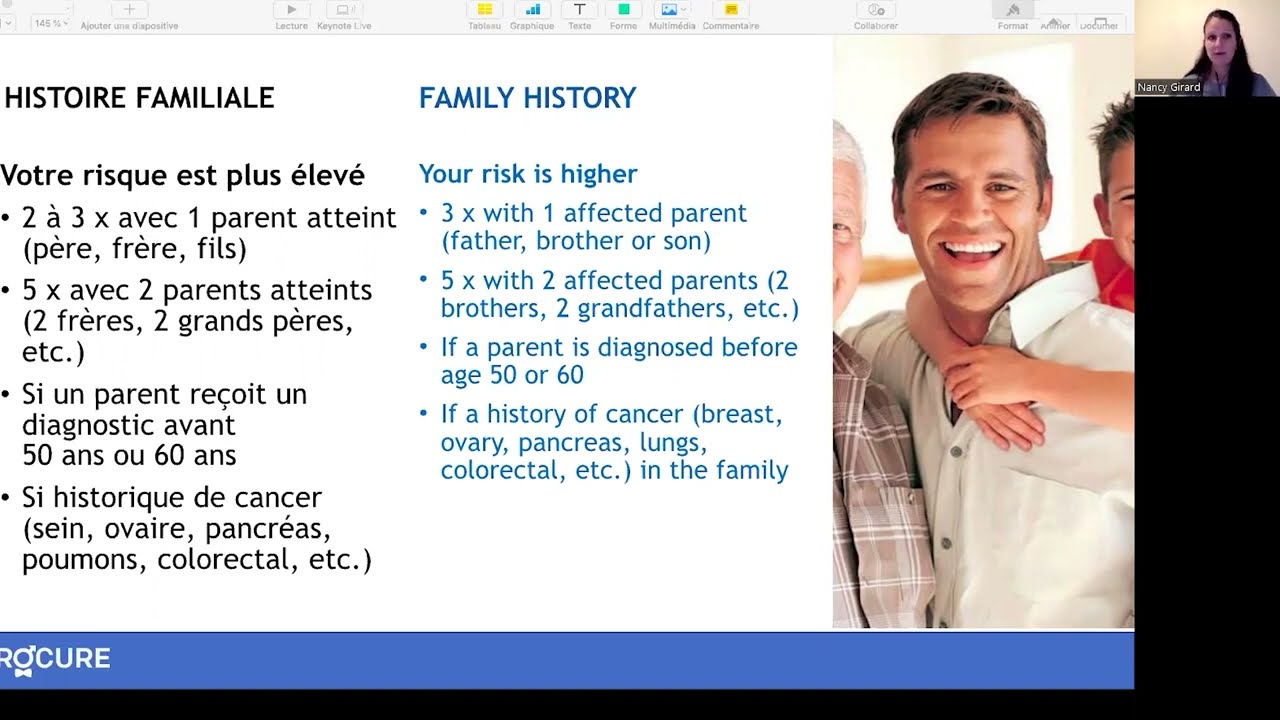
From prostate to screening
Learn about the role of your prostate, related diseases, symptoms to watch out for and risk factors.
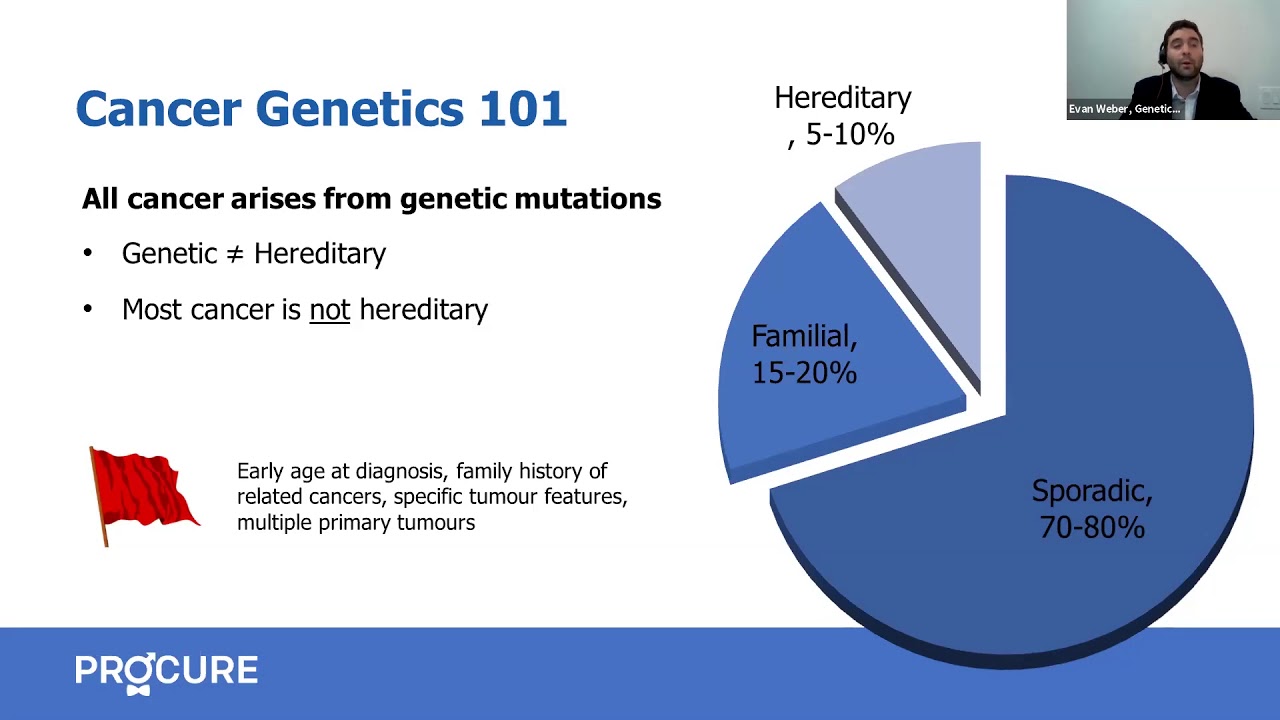
Genetic predisposition to prostate cancer
Although rare, some hereditary genetic mutations can increase your risk of prostate cancer.

Do you have a curved penis?
Is your penis curved? Does it curve to the left, right, upward, or downward? You have a curved penis and you or your partner want to know why?

Can I prevent BRCA-related prostate cancer?
How to prevent BRCA-related prostate cancer? Can I have a radical prostatectomy or a proactive treatment to prevent prostate cancer?

What is a genetic mutation?
Do you have a significant family history of cancer? Is there a link between prostate cancer and a genetic mutation?

My balls hurt!
While sore balls are a common experience and usually no cause for concern, it’s important to familiarise yourself with symptoms in case it’s a sign of something serious.

I feel a heaviness in my underwear
I feel a heaviness in my underwear and I know it’s not normal… And sure enough, you notice your balls are much bigger than usual.

What women should know about prostate cancer
As a woman, you might think that prostate cancer is not your concern because you don’t have a prostate. However, prostate cancer is the most common cancer in men.

Why a health check?
The short answer to this question is to assess your health. This is the starting point for a health check. Could we be in the presence of potential undetected diseases?

10 signs that encourage you to see a doctor
There are many reasons why men will be referred to a specialist, and if you experience any of the following symptoms you should see a family doctor. Here are 10 signs that encourage you to consult. You should also know that unless you go to a private clinic, you cannot consult a specialist directly, such as […]

From your prostate to screening in 5 points
From your prostate to screening in 5 points. Gentlemen, are you over 50 years old, or have you been having urinary problems for some time now? Several diseases can affect your prostate, and it’s important to detect them early. Let’s take a closer look. The size of a walnut, the prostate is located just below […]
Sources and references
Last medical and editorial review: April 2024. See our web page validation committee and our collaborators by clicking here.


